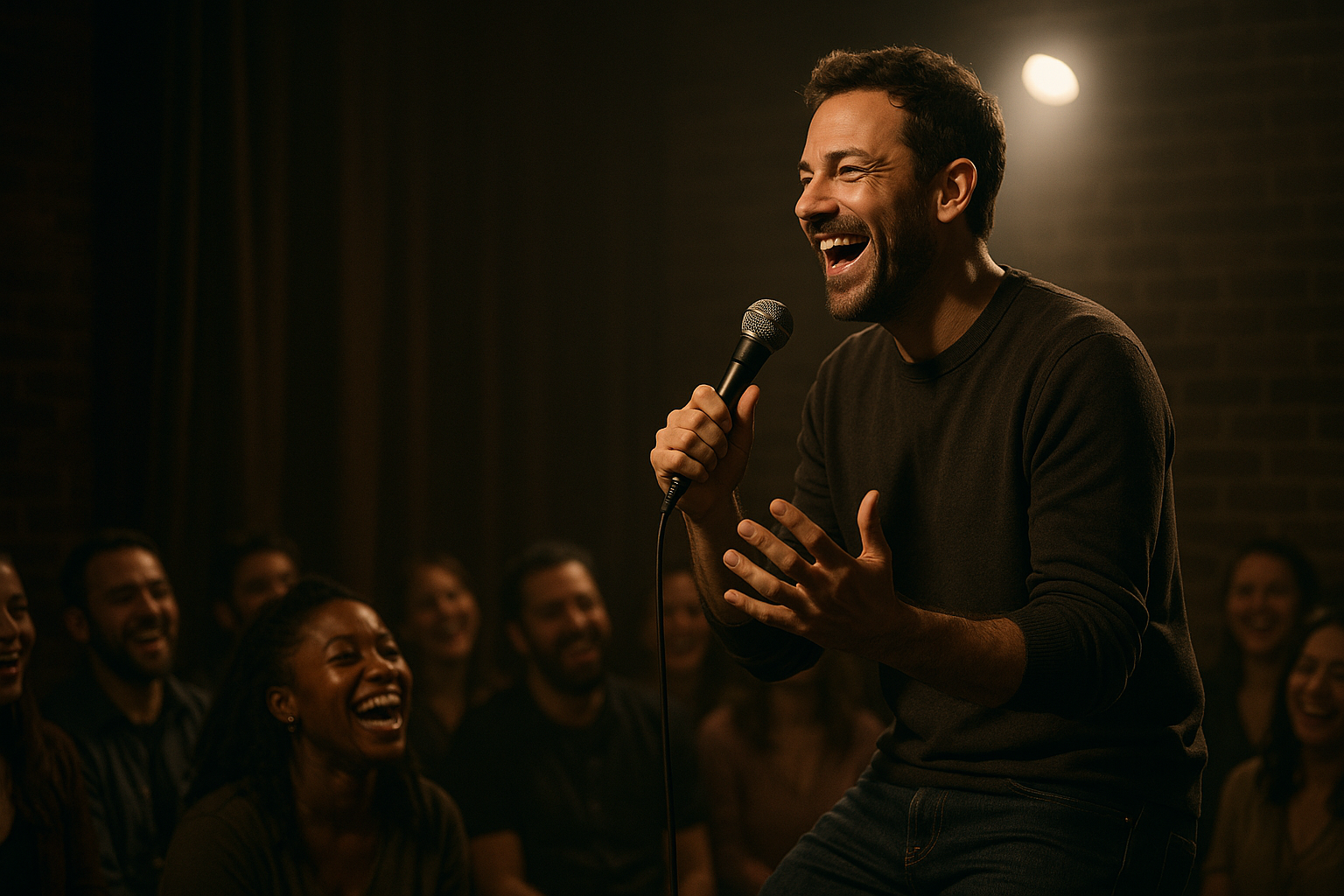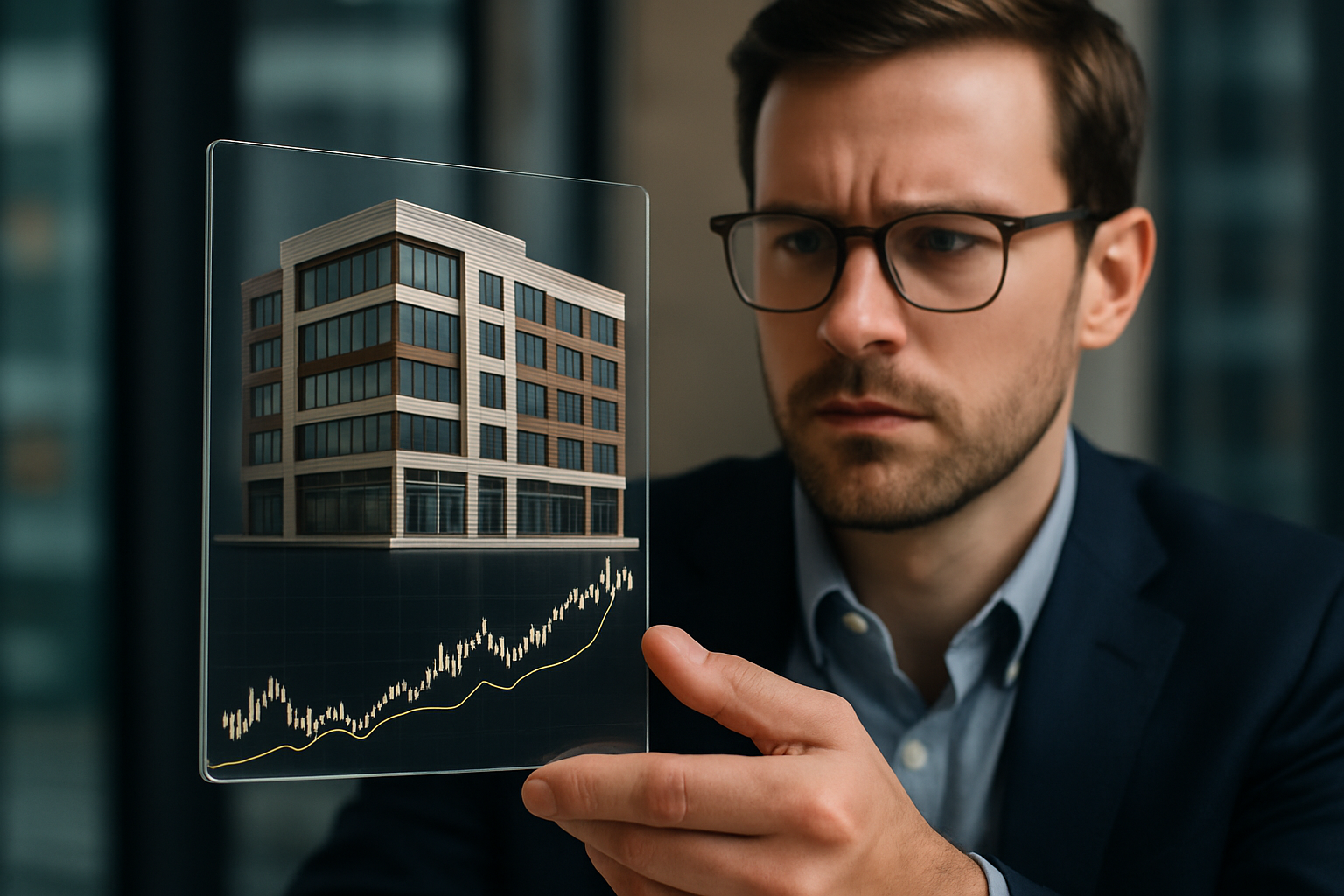Recasting the Spotlight: Stand-Up Comedy's Role in Social Discourse
Stand-up comedy, long considered a form of light-hearted entertainment, has grown in scope and significance. Today, it serves as a powerful medium for social commentary and discourse. This article delves into the historical evolution, current impact, and the vibrant future of stand-up comedy as a tool for societal reflection and advocacy.

A Historical Perspective: Humor as a Social Tool
Stand-up comedy’s roots can be traced back to ancient times, when jesters and court fools used humor to critique societal norms and royalty. Fast forward to the 20th century, comedians like Lenny Bruce and Richard Pryor used their stage to challenge societal norms, address controversial issues, and mold public opinion. Their pioneering work laid the groundwork for the role of stand-up comedy in social discourse today.
The Present Scenario: Stand-Up Comedy as a Social Mirror
In recent years, stand-up comedy has taken on a more prominent societal role. Comedians like Dave Chappelle, Trevor Noah, and Hannah Gadsby use humor as a potent tool for social commentary, addressing issues such as racism, sexism, and LGBTQ+ rights. Their performances are not just entertaining but thought-provoking, prompting audiences to reflect on societal norms and prejudices.
Impact and Significance: More than Just Laughter
The impact of stand-up comedy on social discourse is significant. By presenting complex issues in a relatable and approachable manner, comedians can make audiences more receptive to new perspectives. Comedy, in this context, serves as a bridge between entertainment and education, fostering critical thinking and encouraging societal change.
Current Trends: Comedy in the Digital Age
The advent of online platforms like Netflix and YouTube has revolutionized stand-up comedy. Comedians can now reach a global audience, amplifying their voice and influence. Social media has also played a crucial role in shaping stand-up comedy’s impact on social discourse, enabling a two-way interaction between comedians and their audience.
Looking Forward: The Future of Stand-Up Comedy in Social Discourse
The future of stand-up comedy looks bright, with increasing recognition of its role in social commentary and discourse. More comedians are using their platform to spotlight social issues, driving conversations that might otherwise be ignored. As long as societal issues persist, stand-up comedy will continue to serve as a powerful tool for social critique and change.
Stand-up comedy’s evolution from a mere form of entertainment to a critical medium for social discourse highlights its transformative power. As it continues to shape and reflect societal values, one thing is clear: stand-up comedy offers much more than laughter—it offers invaluable insights into the world we live in.




